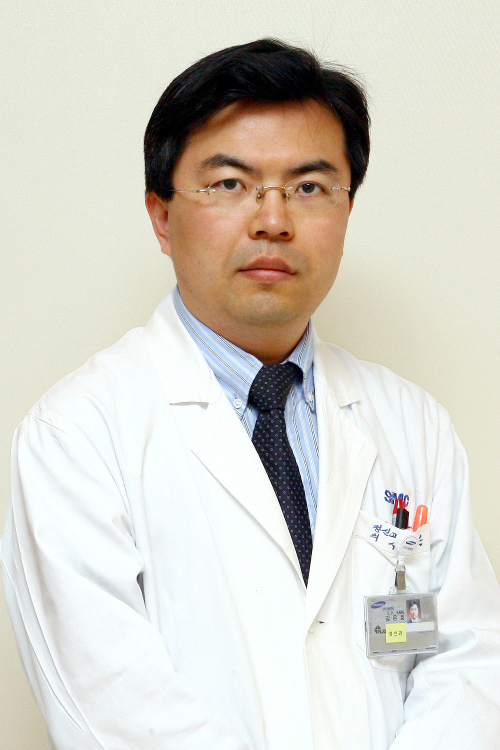We all encounter numerous stressors in everyday life. Stress refers to our emotional and physical state as a final product from interplay between life stressors and the self.
Stress is known to be an important factor in the development of many diseases, such as cancer, stroke, heart disease, functional dyspepsia, irritable bowel syndrome, rheumatic disease, pain disorder, etc. Many factors, such as quantitative workload, the characteristics of workload, controllability, role ambiguity and interpersonal relationships, can act as stressors.

Two factors -- interpersonal relationships and uncertainty -- are especially important stressors, given that humans are social beings and have to make decisions every day.
Everyone has a strong need for affection, validation and affirmation from others. When we don’t receive them, we become stressed.
Why do you work? Why do you study?
We do not work for work itself. Work is a method to obtain necessities, including food and shelter as well as to interact with others and receive validation. Thus we feel more stressed when we suffer from interpersonal problems than from other stressors.
Uncertainty is another important stress factor. The present age is the era of uncertainty. What do the scientists work for? What do the philosophers and clergyman work for? George Lukas said, “Happy are those ages when the starry sky is the map of all possible paths -- ages whose paths are illuminated by the light of the stars.”
Science and religion are two ways to reduce and eliminate uncertainty about the present and the future, and to map out our lives. However, we don’t have such a map in modern times and it is hard for us to control environmental factors. May be, being stressed is just inevitable in our lives.
Stress symptoms include a variety of psychological and physical ones. Manifestations include chronic and severe fatigue, avolition, pains (i.e. headache, myalgia, stomachache, etc.), dyspepsia, palpitation, dyspnea, insomnia, dizziness, memory decline, tingling sensations in the limbs and anxiety/depression.
One of the most important features of stress symptoms is that they are not medically explained well. Although physical or psychological symptoms develop with hormone changes, they are not easily measured or quantified individually. Thus, many people think that the stress is related to a lack of will.
Then, how can we manage the stress? What is the most important is to relax and rest. Unfortunately, however, it is almost impossible to relax and rest adequately in this world.
My favorite recommendation for stress management is to exercise, especially aerobic exercise. A little investment in everyday exercise (more than 20 minutes a day) can save your life. Coping strategies are also important in stress management. Never drink alcohol when you feel distressed. Alcohol may be helpful at that moment and may induce sleep, but alcohol lowers your psychological power and immunity to stress, and can cause you to wake up during the night.
Meditation and relaxation techniques can reduce the tension that occurs in stressful situations. If such methods do not work and your stress symptoms persist, medication and counseling can be helpful. Medication works by balancing the stress hormone levels and by counseling you can find and change some characteristics, such as perfectionism known to be related to stress.
The author is a clinical assistant professor of Sungkyunkwan University school of Medicine and psychiatrist at Samsung Medical Center.

By Kang Eun-ho M.D.
The author is a clinical assistant professor of Sungkyunkwan University school of Medicine and psychiatrist at Samsung Medical Center. ― Ed.







![[KH Explains] How should Korea adjust its trade defenses against Chinese EVs?](http://res.heraldm.com/phpwas/restmb_idxmake.php?idx=644&simg=/content/image/2024/04/15/20240415050562_0.jpg&u=20240415144419)











![[Today’s K-pop] Stray Kids to return soon: report](http://res.heraldm.com/phpwas/restmb_idxmake.php?idx=642&simg=/content/image/2024/04/16/20240416050713_0.jpg&u=)